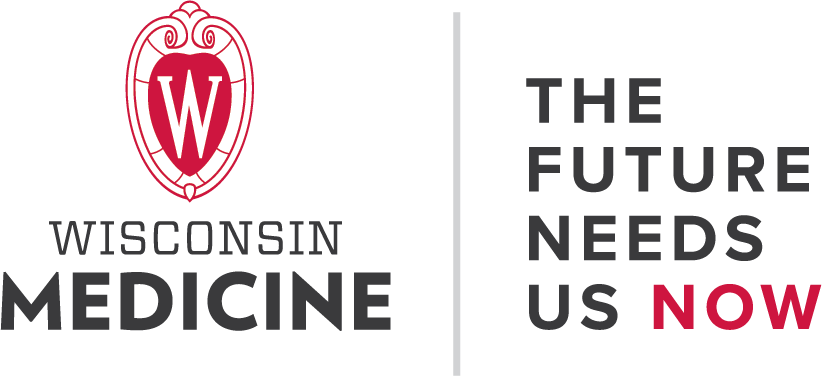A life-changing transplant and a remarkable achievement
Gary Grosklaus is eager to bring in this fall’s cranberry harvest. He hasn’t been able to work with his cousins at the family marsh for two years as he waited for the life-changing gift of two new organs.
That gift arrived in the form of a simultaneous pancreas-kidney transplant on February 20. By that time, Grosklaus had been managing Type 2 diabetes for more than 15 years. The Wisconsin Rapids native was first referred to a kidney specialist at UW Health in March 2022. He began dialysis a month later to remove extra fluid and waste products from his blood. Due to his declining kidney function, he was placed on the transplant waiting list in January 2023. He had to wait a little more than a year for a donor.
“I was ready for surgery, and I knew I was in good hands,” Grosklaus said. “From the nurses to the doctors, the entire staff was extremely friendly and made sure to explain everything to me before my surgery.”
With his transplant, the UW Health Transplant Center reached the remarkable milestone of 20,000 organs transplanted. Dr. Jennifer Philip, assistant professor of surgery at the UW School of Medicine and Public Health, and kidney transplant surgeon at UW Health, performed the surgery.
“This achievement illustrates the excellence and teamwork of our entire transplant team,” said Philip. “Every transplant we do is significant for us and life-changing to the patient and their successful recovery is what motivates us to do this work.”
A simultaneous pancreas-kidney transplant can be recommended for patients like Grosklaus who need insulin to manage their diabetes. The surgery can eliminate both kidney failure and diabetes with one operation. For Grosklaus, that means no more daily insulin injections or trips to a dialysis center three times a week.
“I have more zip and I am getting stronger every day,” Grosklaus said.
This milestone comes more than 55 years after surgeons performed the first kidney transplant at UW in 1966 and makes the program the first and only transplant program in the Midwest to surpass 20,000 transplanted organs, according to Dr. Dixon Kaufman, medical director, UW Health Transplant Center, and professor of surgery at the UW School of Medicine and Public Health.
“We are proud that our incredible expertise in transplantation has transformed the lives of thousands of people,” Kaufman said. “Our program is consistently ranked as one of the leaders in simultaneous pancreas-kidney transplants, making this milestone a truly full-circle moment.”
Patients traveled to Madison from all 50 states and several countries to receive the gift of life, according to Michael Anderson, executive director of the UW Organ and Tissue Donation (OTD).
“We see firsthand the life-changing impact an organ transplant can have on a patient and their family,” Anderson said. “It is through the generosity of our donor heroes and their families that we can serve these patients, and we encourage more people to register as an organ and tissue donor.”
Currently, there are more than 100,000 adults and children awaiting organ transplants in the United States, including 1,461 people in Wisconsin and 4,019 people in Illinois, according to the Organ Procurement and Transplantation Network. A new person is added to the national transplant waiting list every eight minutes, while the process to register as an organ donor takes less than a minute. A single organ donor can save up to eight lives while a single tissue donor can help more than 75 people.
The UW OTD is a Health Resources and Services Administration best-practice site and leads the nation in serving deceased organ and tissue donors. Financial gifts to the OTD fund through Wisconsin Medicine go toward advancing knowledge and raising awareness of organ and tissue donation, and highlighting the importance of registering as an organ, tissue and eye donor.
Grosklaus understands the uncertainty of the wait and hopes more people will take the time to register as an organ donor.
“My donor saved my life, and I am so grateful,” Grosklaus said. “I met so many people while on dialysis who need a kidney and I hope they receive the same second chance at life that I got.”
Grosklaus turned 57 years old in March surrounded by family and friends. He says he is looking forward to spending more time with his two nephews, as well as returning to his job of 35 years at McCain Foods.

